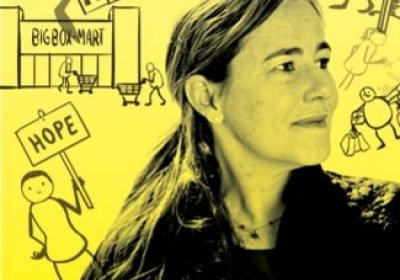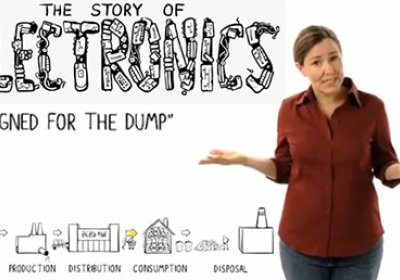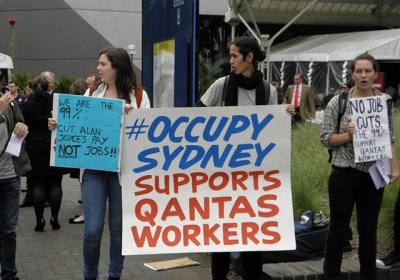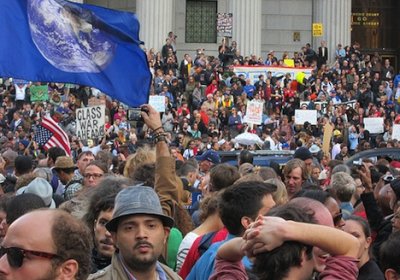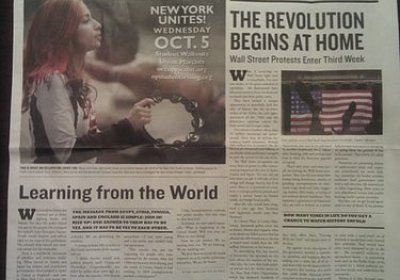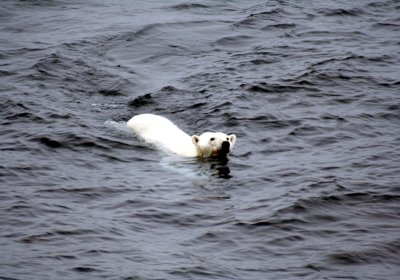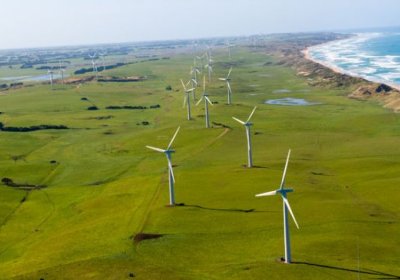Simon Butler
When Annie Leonard put her groundbreaking cartoon The Story of Stuff online in late 2007, she would have been really happy if 50,000 people had watched it. “To my utter amazement we got 50,000 viewers on the first day,” she told Green Left Weekly during a recent visit to Australia.
Annie Leonard is the creator of the Story of Stuff project, a series of animated films that discuss our pressing social, environmental and economic concerns and the effort to build a more sustainable and just world.
Occupy Sydney activists organised a protest outside the Qantas shareholders conference on October 28 at the University of New South Wales in support of Qantas workers struggling for decent wages and job security.
The occupy movement is spreading, and in more ways than one. It’s spreading across the globe — by October 11 occupytogether.org could boast of 1273 occupy events planned worldwide. But the movement, united under its slogan “We are the 99%”, is also reaching out to, and involving, other established social movements. Environmentalists and climate campaigners have linked up with Occupy Wall Street protests in New York. Hundreds of climate activists joined a 5000-strong march there on October 5. Their message was well received by other protesters.
If you’ve even casually followed the climate debate in Australia over the past few years, it’s most likely you’ve heard a Labor or Liberal party politician utter the phrase: “Governments should not pick winners.” The idea is that governments’ role is not to give direct support to renewable energy such as wind power or solar power, but instead to create the market conditions where the best, most efficient technology can come to the fore. But the argument is always used as an excuse for why governments cannot pick clean, renewable energy.
- Previous page
- Page 8
- Next page



